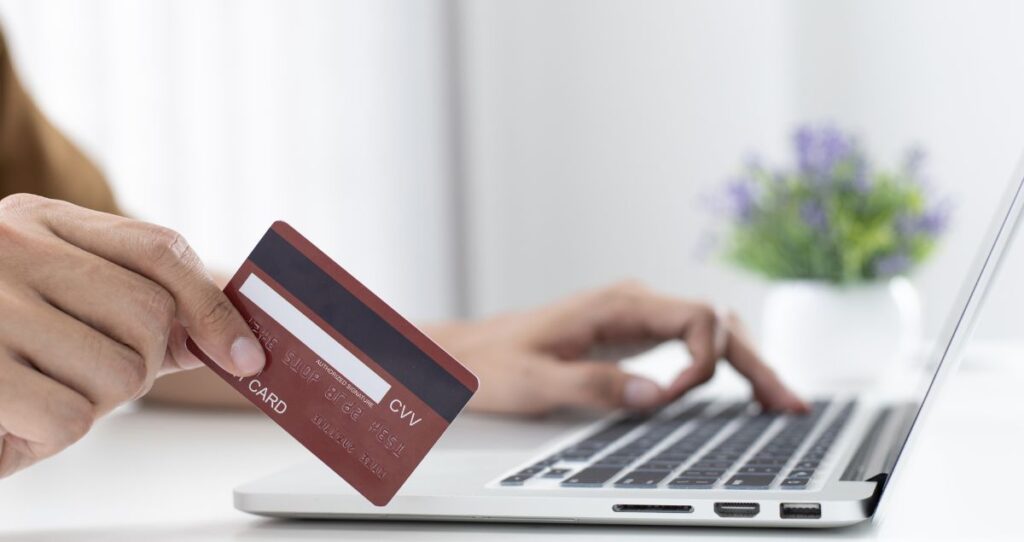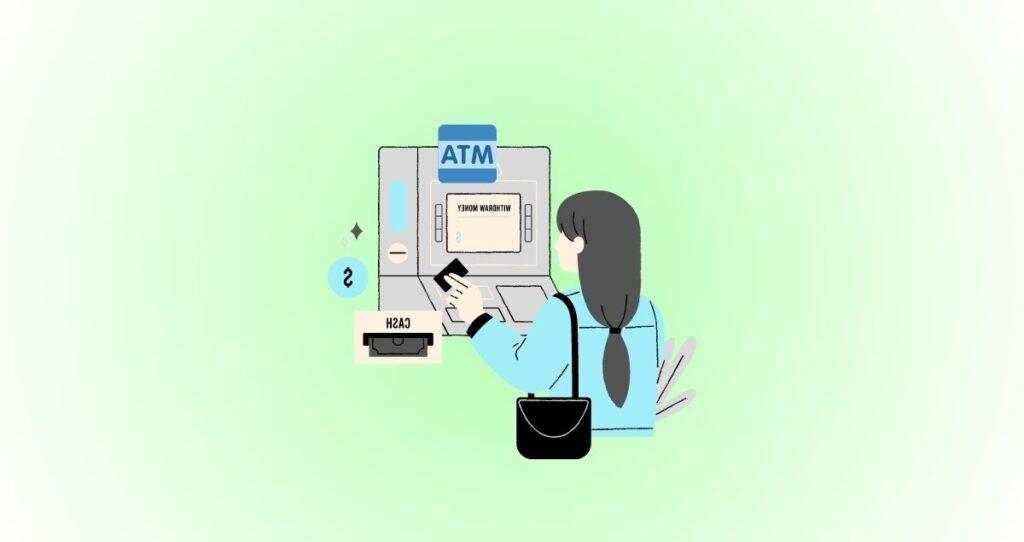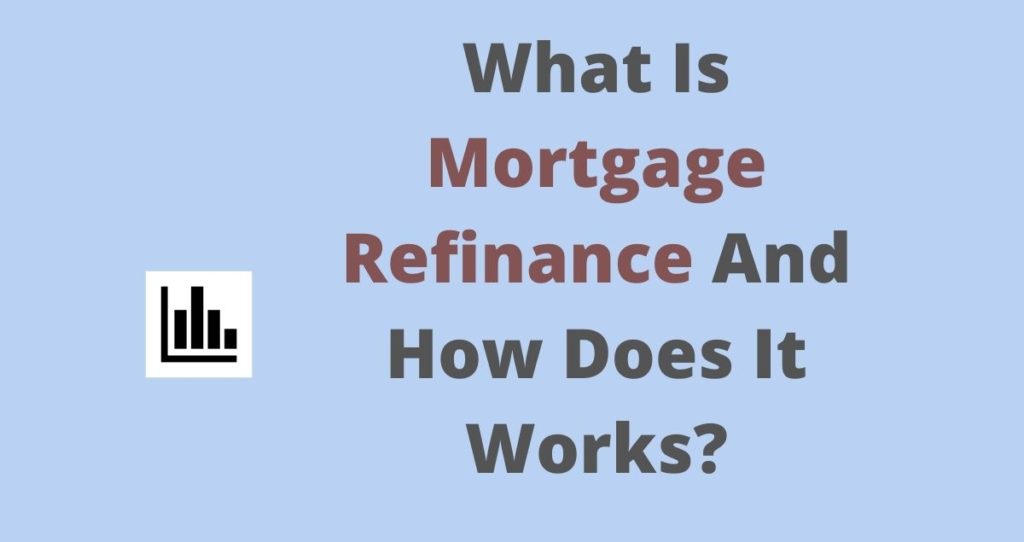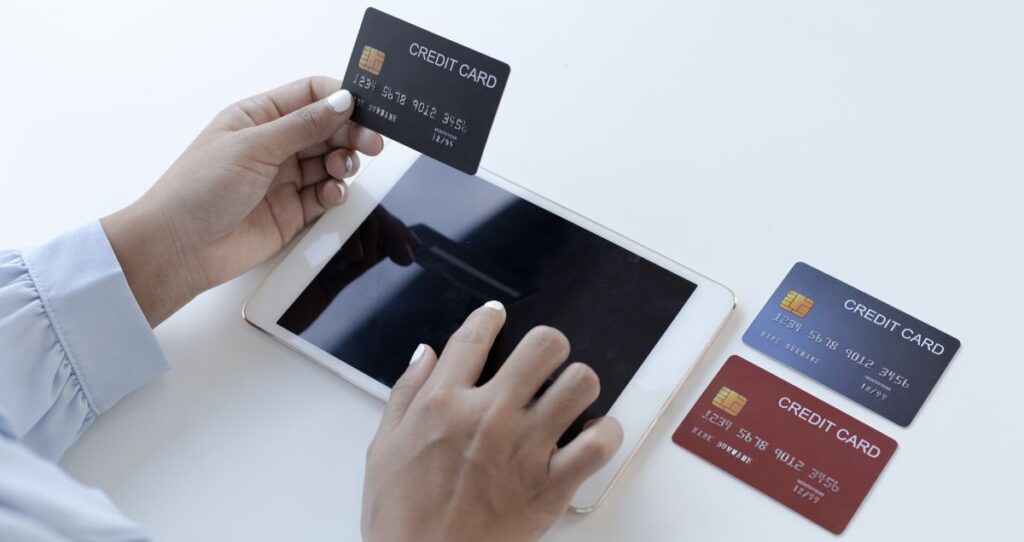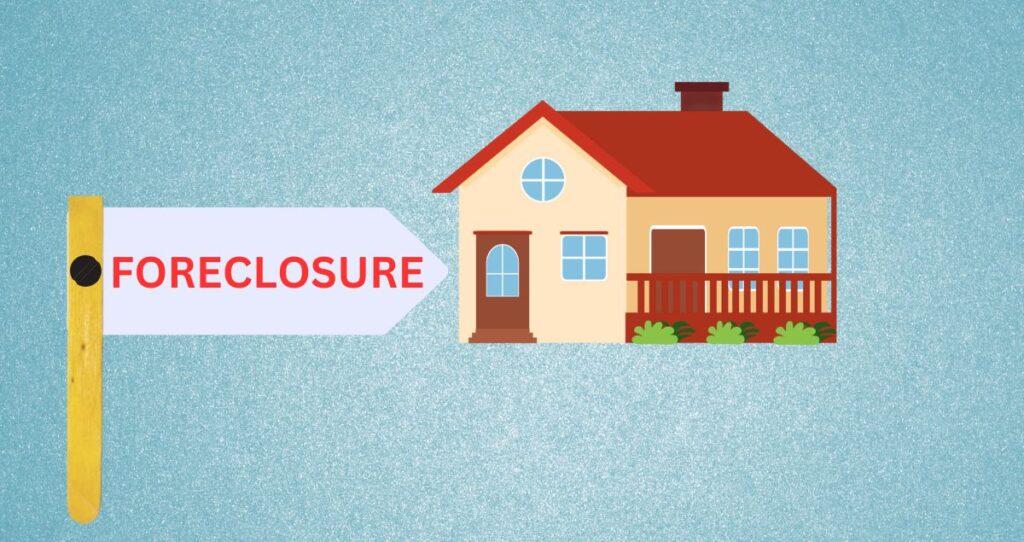When you pay off your credit card, your credit score usually goes higher. This is because paying off your credit card automatically lowers your credit utilization. Credit utilization is one of the biggest factors that affect your credit score. To calculate your credit utilization, divide your current balance by your total credit limit. Then multiply by 100 to get your answer in percentage. Whether you pay off your balance in full or in installments, your credit score might go up when you pay off your credit card.
How much you pay compared to your current credit utilization will affect the rate at which your score goes up. If you currently have a high balance and pay off most of that balance, your score will go up by many points. But, if you have a small balance and pay it off, your score will increase only by a few points.
Whether you want to boost your credit score or not, you should avoid carrying a balance on your credit card. Paying your balances in full will help you improve your credit score. In addition, a $0 balance lowers the risk of credit card debt or hurting your credit.
How long after paying off your credit card does your credit score improve?
When you pay off your credit card balance, it takes some time for your credit score to go up. It all depends on when you paid off the balance and your statement release date. Every lender is required to give you a statement once a month. So, if you have multiple accounts with different statement release dates, your credit score might change multiple times in a month. The time it takes for your credit score to go up will also depend on when your lender reports your payment to major credit reporting agencies.
Once your balances are paid, your score will not go up until after your statements are released. This is because the balance that gets released on your monthly statements is what gets reported on your credit reports. The same balance is what affects your credit score. If your lender reports your activities right after releasing your statement, your credit score will quickly be updated.
For example, let’s assume that your balance due date is on the 2nd of each month and your statement date is on the 6th. If you paid your balance on the 1st, you will not be charged interest. But, your credit score will not be changed until after the 6th. In order words, it will take at least 6 days to see a change in your credit score.
What if you paid your balance on the 10th of the previous month? In this case, your statement will still be released on the 6th which is in 26 days from the date you paid your balance. In order words, you will not see changes in your credit score until after 26 days from the date you made your payment.
How much you paid will affect the number of points you gain on your credit score
The amount you paid compared to how much you owed will determine the number of points your credit score increases. When you owe a large balance and pay a big chunk of it, your score will increase by a lot of points. This is because a big payment will drop your credit utilization by a large percentage.
When you pay off your credit card slowly, your credit score goes up at a slower and incremental rate. Each payment you make slowly lowers your credit card balance. A slow reduction of credit utilization causes your credit score to go up by a few points.
If you have a small balance on your credit card and pay it off, you will not see a major change in your credit score. For example, if your credit limit is $4,000 and you only have a $40 balance, your score won’t go up that much even if you paid that $40 in full. This is because $40 is only a 1% credit utilization ratio which is almost nothing compared to your total line of credit.
Related: What is the best credit utilization ratio?
How will my credit score go up if I pay off my credit card?
Yes, your credit score will go up when you pay off your credit card. How high it goes, however, will depend on the amount you paid. By default, you will see a major increase in your credit score when you owe a large balance and pay a big chunk of it at once. This is because paying off most of your balance at once automatically lowers your credit utilization which is one of the biggest factors in your credit score calculation.
When you have a small balance or make a small payment, your score does not go up that much.
Should I pay off my credit card in full?
As a borrower, there is no benefit in keeping a balance on your credit card. Carrying a credit card balance does not improve your credit score. It only hurts you financially and can hurt your credit score. The balance you carry on your credit card increases your credit utilization which is a major factor in your credit score calculations. Your credit utilization accounts for 30% of your FICO score and 20% of your VantageScore.
So, the more balance you carry on your credit card, the higher your credit utilization gets. As your utilization ratio goes higher, your credit score goes lower. That is why you should always pay off your credit card balances in full each month. In case you cannot pay off your credit card balances in full, at least keep your utilization ratio under 30%. A lower balance makes it easy to pay it off. In addition, your credit score benefits when you carry little to no balance on your credit cards.
Carrying a balance results in paying interest charges(APR) and can get you into credit card debt. One of the biggest drawbacks of credit cards is that they come with one of the highest interest rates in the lending industry. In addition, this interest is usually compounded which makes your debt grow at an exponential rate when you don’t take action.
Related: Should you carry a balance on your credit cards?
If I don’t use my credit card will my credit score go up?
If you don’t use your credit card, your credit score will stay the same as long as you keep the account open. For example, if you have a mile credit card and don’t fly very often, it will not affect your score. Since you will not be using your credit card, your monthly statement will always show a $0 balance (assuming that you paid off all your balances on the card). In this case, your score will not be affected because there is no change in your credit card balance.
In case you carry a balance on that card, your statement will be the amount you owe together with accrued interest. As a result, your balance will continue to increase which will increase your utilization ratio and most likely lower your credit score.
Keep in mind that other credit account activities you have will affect your credit score. For example, other loan payments such as student loans, car loans, and mortgages payment will affect your score even in you are not using your credit card.
The point here is that if you don’t use a credit card, your credit score will not be affected by it as long as your account stays open.
You must also remember that your bank might choose to close your account due to prolonged inactivity. In case, your account is closed, you will lose the credit limit on the card. The credit utilization on the remaining cards could also go higher due to a reduction of your credit limit. Furthermore, the age of your credit and credit mix might all be affected. For this reason, your credit score will most likely go lower after closing your credit card account.
Should I pay off my credit card if I have the money?
If you have money, pay off your credit card balance in full. Paying off your bills in full and on time is always a good financial habit. Matter of fact, carrying a credit card balance does not help your credit score. The only outcome you get from carrying a balance is a reduction in your credit score and the risk of credit card debts. For this reason, always pay your credit card balance in full and on time when you have money.
How to protect your credit score?
Your credit score is s delicate number that goes up and down as use your accounts and pay your bills. To keep your credit score in good standing, make sure that the following points are checked.
- Pay your bills on time. Since your payment history is the biggest factor on both your FICO score(30%) and VantageScore(40%); you should always pay your bills on time at the end of each month. Late payments or missed payments can easily destroy your credit score. Paying on time also prevents you from having foreclosure, charge-offs, or getting in defaults.
- Watch your credit utilization. Credit utilization affects 30% of your FICO score and 20% of your VantageScore. So, if you have multiple credit cards, simply keep your utilization as low as possible. Most lenders suggest that you keep your credit utilization under 30%. But, it is better to keep your ratio under 10%. A low balance on your cards makes it easy to pay off and prevents you from getting into credit card debts.
- Do not borrow excessively. Borrowing too much money leads to financial distress. In addition, every time you apply for a new credit account, the lender views your credit profile. This results in a hard inquiry on your credit reports and lowers your score by 5-10 points.
- Clean up your credit reports. Not every lender will report your information to major credit bureaus. Also, those who report your information, do not report to every bureau. There might also be errors, inaccuracies, and fraudulent activities on your credit reports. For this reason, you need to make sure that each lender is submitting your information to major credit bureaus. In addition, you should dispute any errors and inaccuracies in your reports to boost your credit score. You can get a free copy of your credit reports from the Free Annual Credit Report website.
Should I carry a small balance on my credit card?
Carrying a balance on your credit card does not benefit you. Instead, it cost you money in interest charges and increases the risk of credit card debt. A higher balance will also lower your credit score. The best way to use credit cards is to pay them off in full before the due date. This practice allows you to carry no balance on your credit cards. In addition, you get to enjoy all the benefits that come with your cards such as cash back, miles, and points.
If you have enough cash, pay off your credit card in full each month. This will help you increase your credit score once that balance is paid. Finally, you will not worry about credit card debts when your balances are paid in full.
